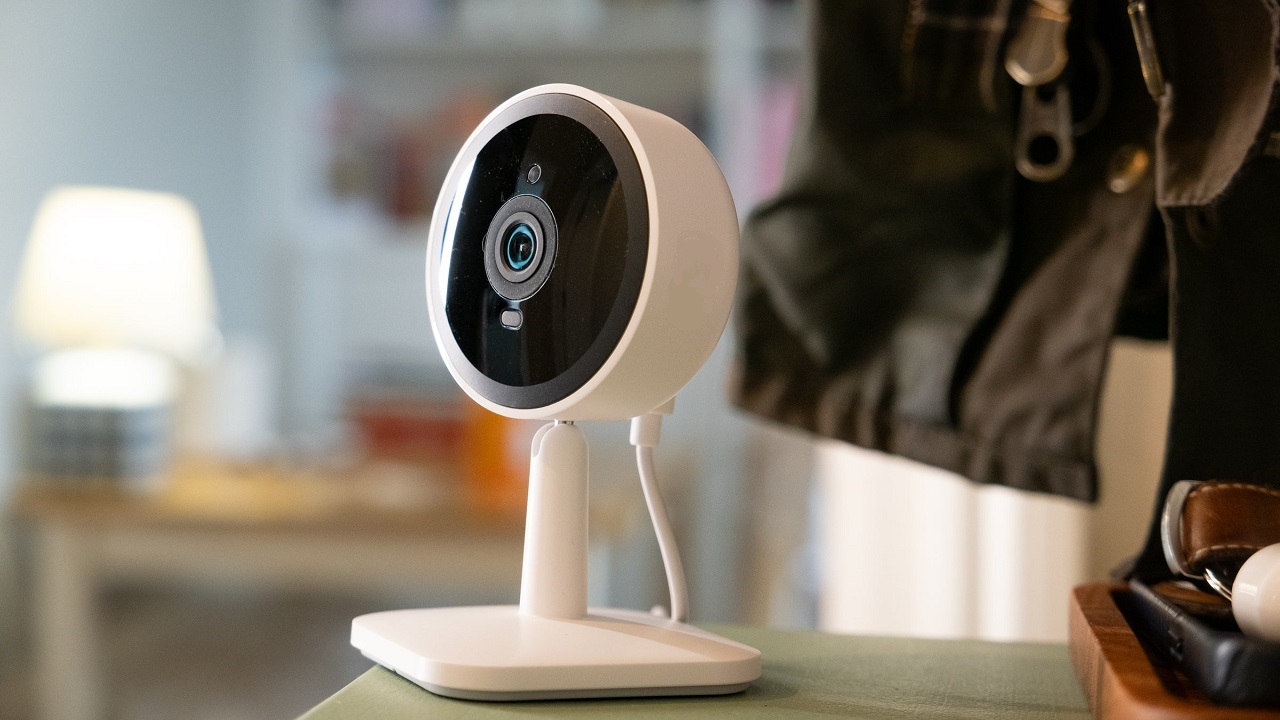With the aging process of our loved ones, safety and proper care are, by default, matters of primary concern. Indoor cameras serve as one of the important tools in elderly care, making sure the watchful eye is everywhere and both caregivers and seniors themselves feel safe. To explore how indoor cameras deliver the safety and comfort required by our elderly kin, enabling them to live safely and comfortably, go url.
Keeping a Watchful Eye: Indoor Cameras in Elderly Care
Indoor cameras function as an invisible guard, watching the area of older people’s living rooms 24 hours a day. They are placed in strategic locations in the living room, kitchen, and hallways to enable the caregivers to be in a position to get clear insights into the daily activities and routines of seniors. With the help of indoor cameras, caregivers can keep track of elderly people's mobility and medication compliance and may also detect cases of falls or accidents to ensure that seniors get the required assistance even when caregivers are not around.
Promoting Independence and Autonomy
The main objectives of indoor cameras in elderly care, which are safety and monitoring in addition to them, are of great importance as they help seniors boost their independence and autonomy. Through the transmission of real-time reports and information about seniors' performances, caregivers will be able to step in only when it is absolutely necessary, thus ensuring that seniors still have some privacy and independence in their homes.
Health Challenges Identification in the Early Stage
Indoor cameras of the indoor type are indispensable aids in the early detection of health problems and medical emergencies in the elderly. Through tracking seniors` behavior and movements, caregivers can spot the small changes or the signs of disorders that may mean serious health issues. Indoor cameras play a crucial role in detecting symptoms of illness, monitoring sleep, or ensuring that seniors are well-nourished and hydrated. The information that is obtained through the use of cameras can help caregivers intervene early and improve health outcomes for seniors.
Freedom of Worry for Caregivers
In addition, the peace of mind offered to caregivers could be the most notable advantage of indoor cameras in elderly care. Knowing their loved ones are being checked and cared for alleviates the anxiety that comes with not being physically present to do the same. The peace of mind they get is invaluable. The caregivers can carry on with their daily tasks knowing that they are going to be alerted of any probable issues and emergencies immediately and, therefore, will be able to manage these promptly and effectively.
Respecting Privacy and Dignity
While indoor cameras do a lot to assist in elderly care, it is also important to consider personal privacy, dignity, and consent. Clear and transparent communication with older people about the aim and use of indoor cameras is a must so that they can be certain that their homes are not ignored but are the center of attention. Furthermore, caregivers should add security processes to safeguard seniors' privacy, secure storage and access to camera footage, and respect boundaries regarding camera positioning and usage.
Conclusion
In the final analysis, indoor cameras are mandate instruments for elderly care, offering safety, security, and peace of mind for both seniors and their caregivers. Through consistently monitoring, encouraging, and prompting the reporting of health problems, indoor cameras are, in a roundabout way, proving the good atmosphere that our senior loved ones deserve. Through wise judgment and with due regard to privacy, interior cameras can be an interesting instrument in the care and support of the elderly as they increasingly live the latter part of their lives at their homes.


